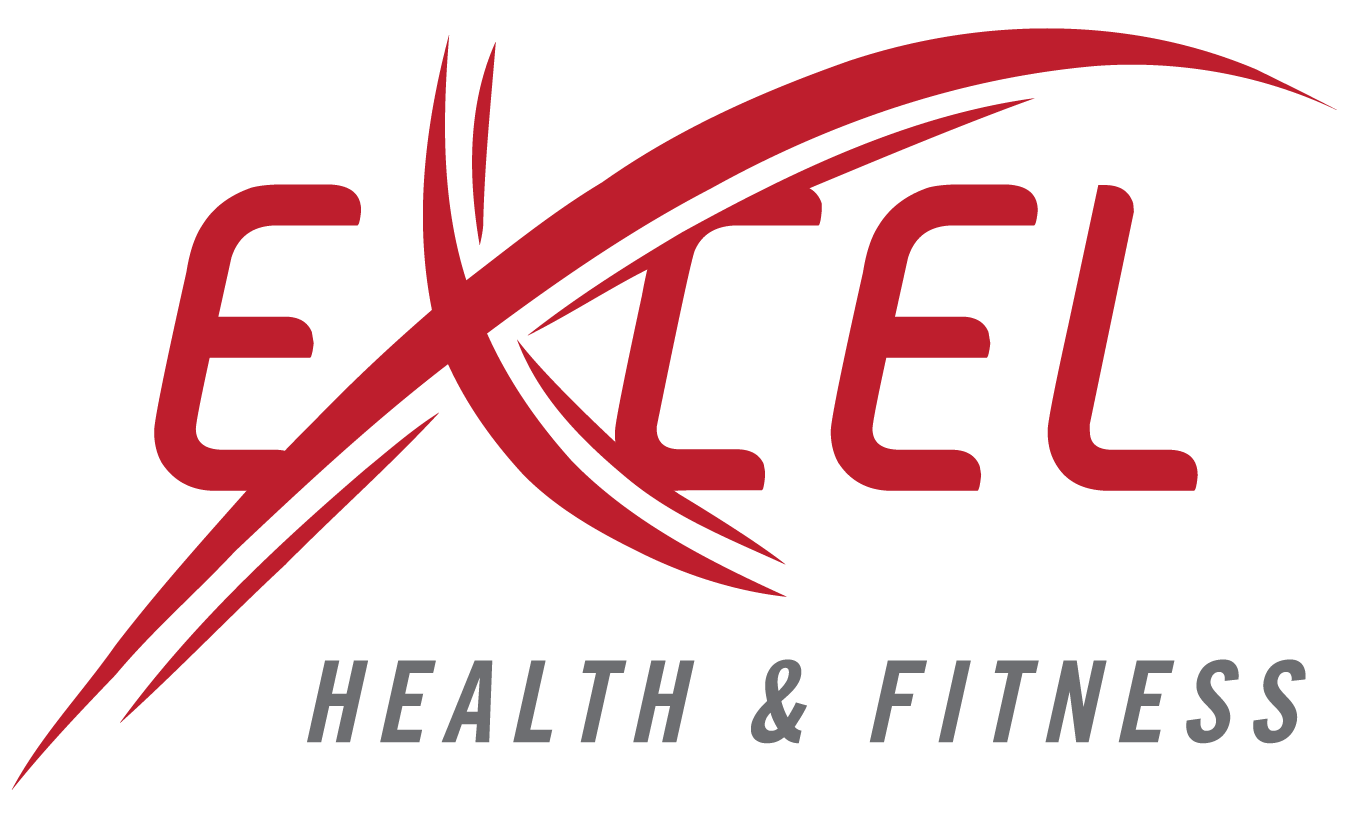Quick Answer: Usually Not, But Here’s Why That’s OK
Body fat testing is incredibly useful, but it’s typically considered a wellness service, not a medical procedure. That means most insurance companies in California (and the rest of the U.S.) don’t cover it, unless it’s prescribed by a doctor for a specific medical condition.
But don’t worry. At places like Excel Health & Fitness in Manteca, testing is affordable even without insurance.
Let’s look at the details.
When Insurance Might Cover Body Composition Testing
There are rare cases where insurance may partially reimburse or cover testing, such as:
Obesity treatment under physician care
Pre- or post-surgical assessments (like bariatric surgery)
Bone density exams (via DEXA, not Fit3D)
Corporate wellness programs or FSAs
But most gyms, wellness centers, or independent Fit3D providers are not set up to bill insurance, and most policies don’t consider this an eligible expense on its own.
Can You Use HSA or FSA Funds?
Sometimes, yes, but it depends on your plan.
Some health savings accounts (HSA) or flexible spending accounts (FSA) will allow body composition testing if:
It’s part of a doctor-prescribed weight loss or medical program
You have a letter of medical necessity
You save your receipt and submit for reimbursement
At Excel, we provide clear receipts with test details if you want to try submitting them.
Tip: Always check with your provider before assuming it’s covered.
Why Paying Out of Pocket Isn’t a Bad Thing
Even without insurance, body fat testing doesn’t have to break the bank.
At Excel:
$35 for members (first scan is free)
$49 for non-members
No pressure, no upsells, no appointments needed
That’s less than most people spend on a dinner out, and the value you get in return is measurable, trackable progress.
You’re Not Paying for a Diagnosis, You’re Paying for Clarity
Think of body composition testing like getting your car aligned or your tires checked. It’s not about finding something “wrong” — it’s about making sure you’re on track, and staying that way.
Insurance might not cover it, but that doesn’t mean it isn’t valuable.
